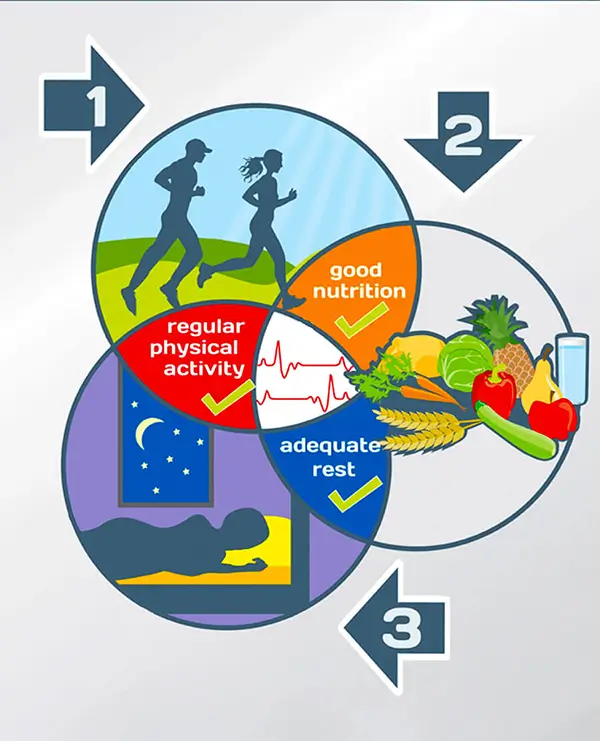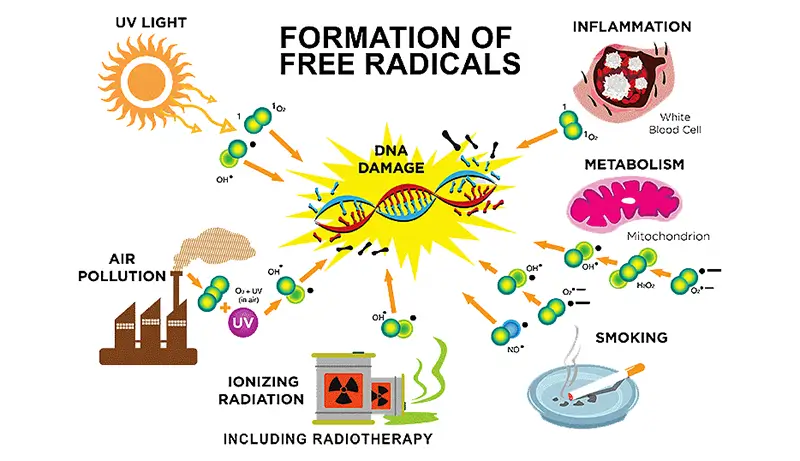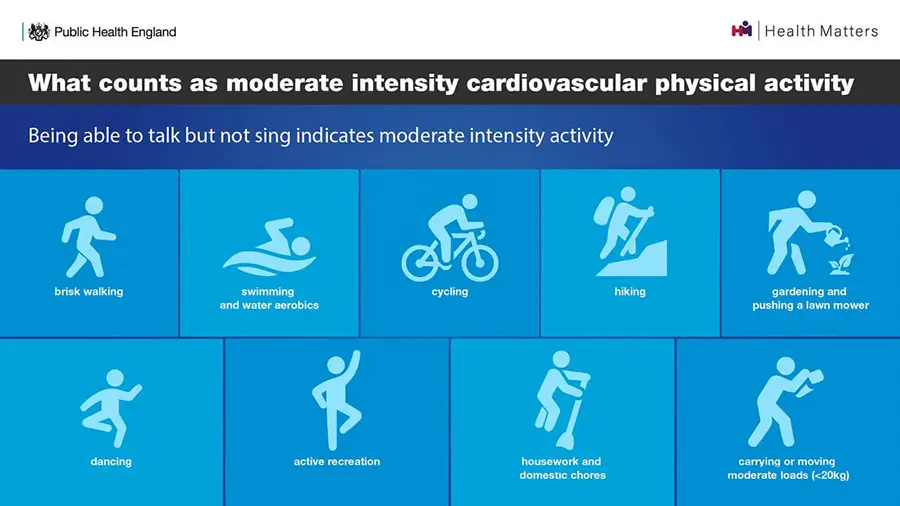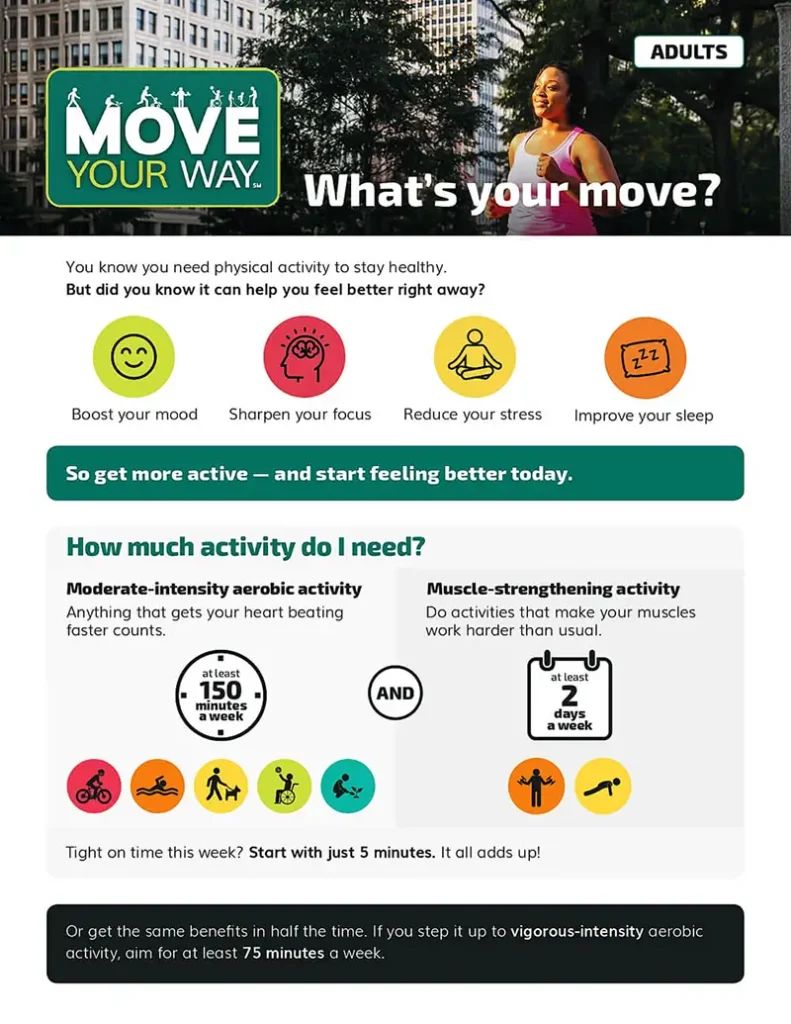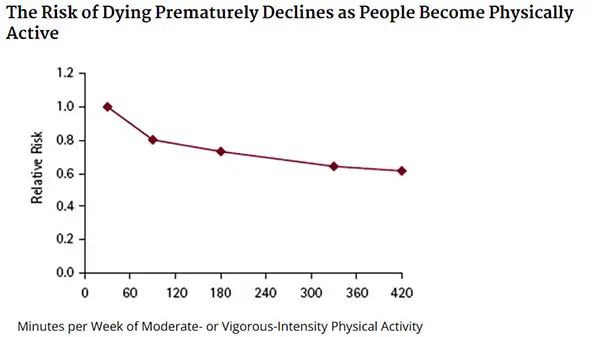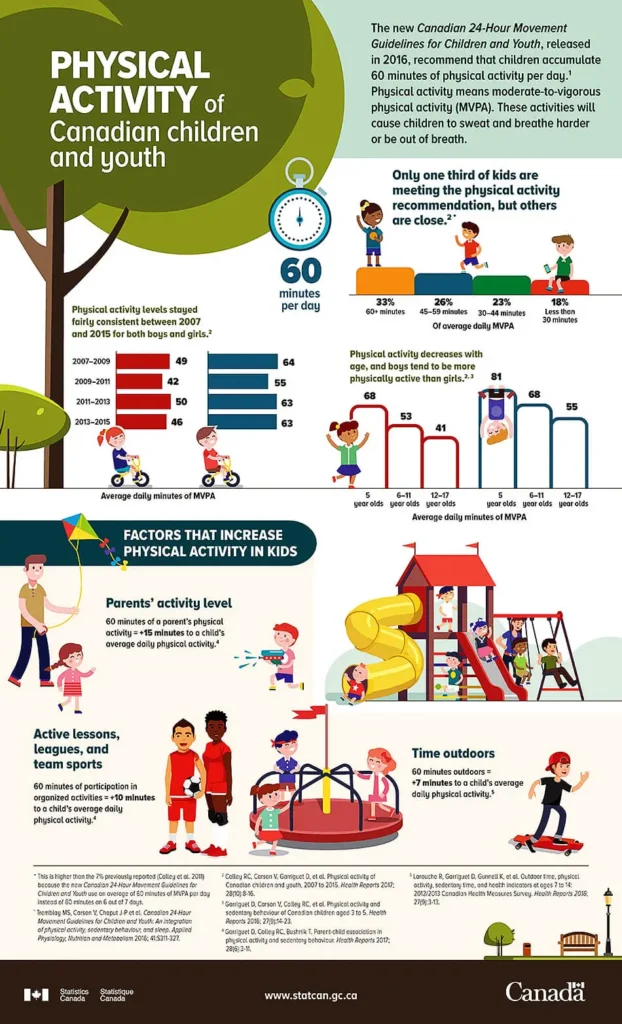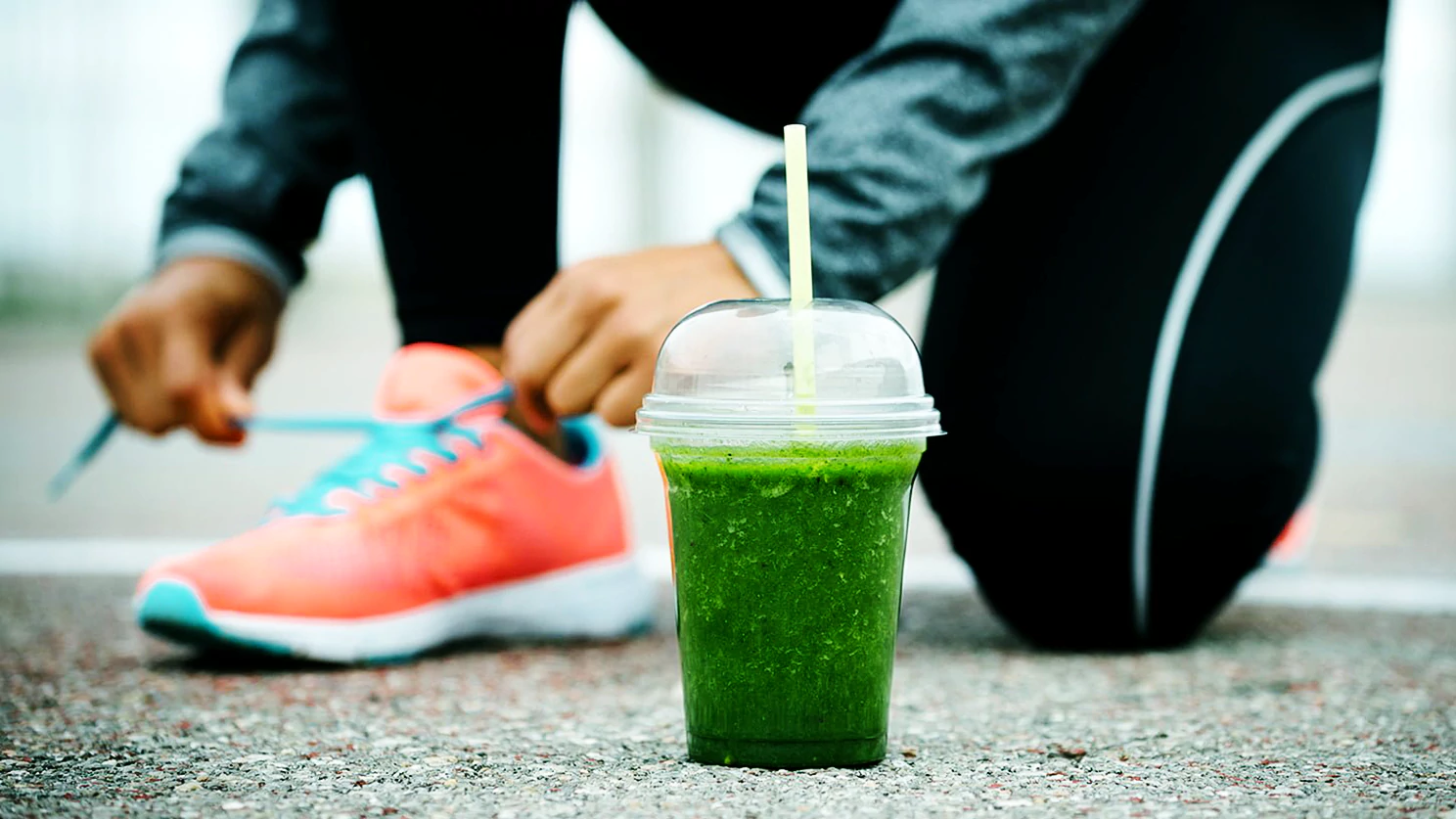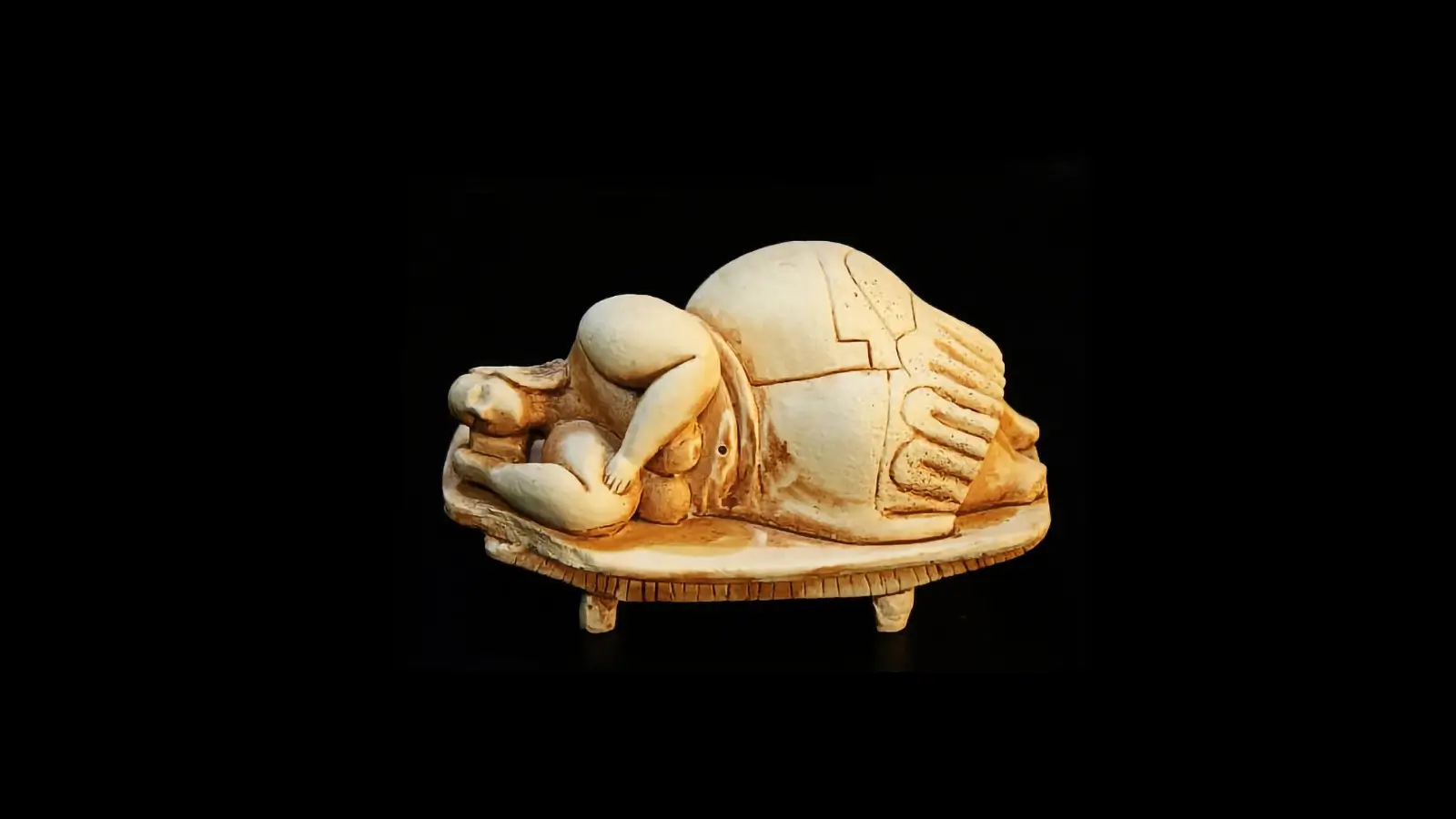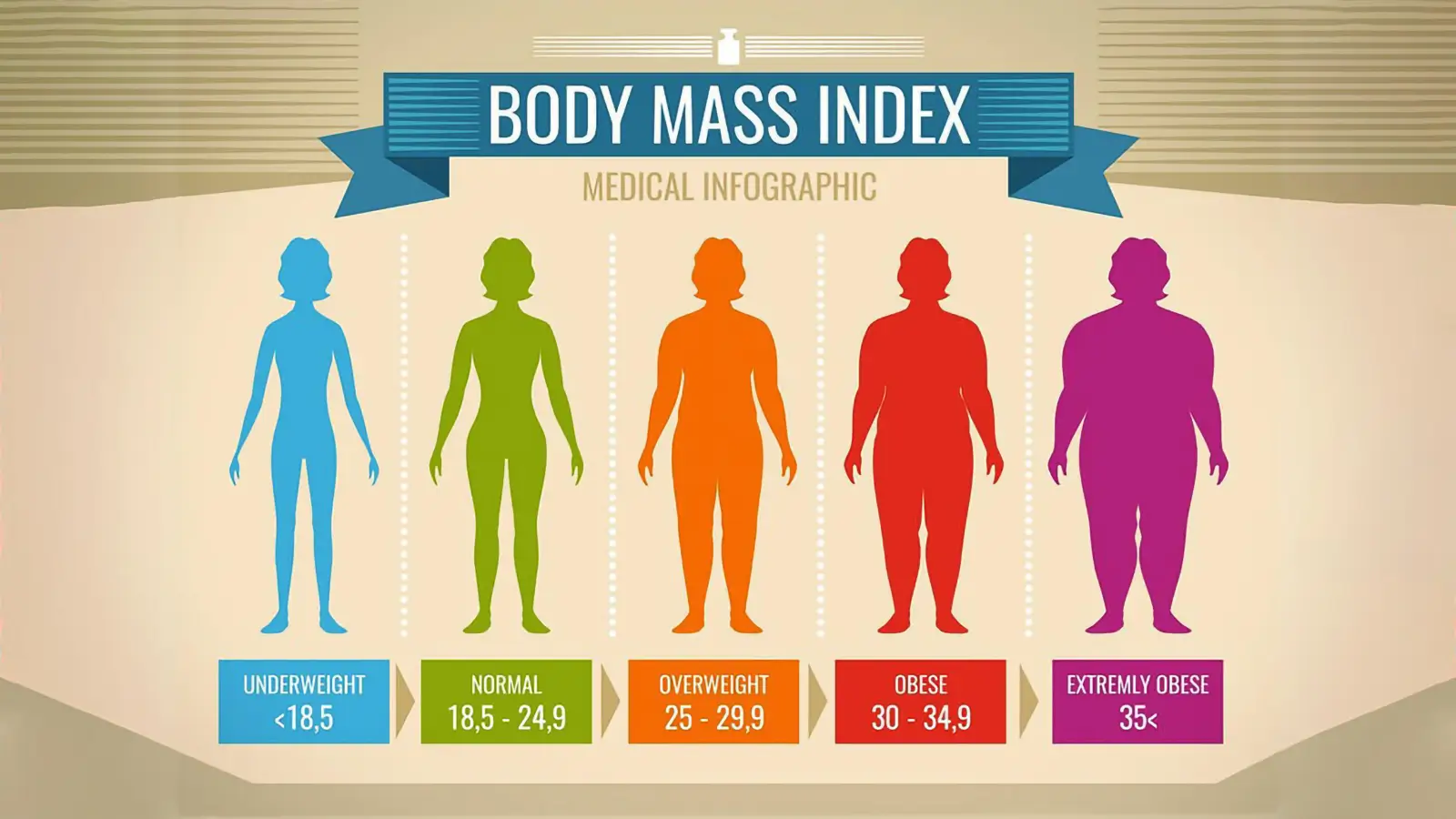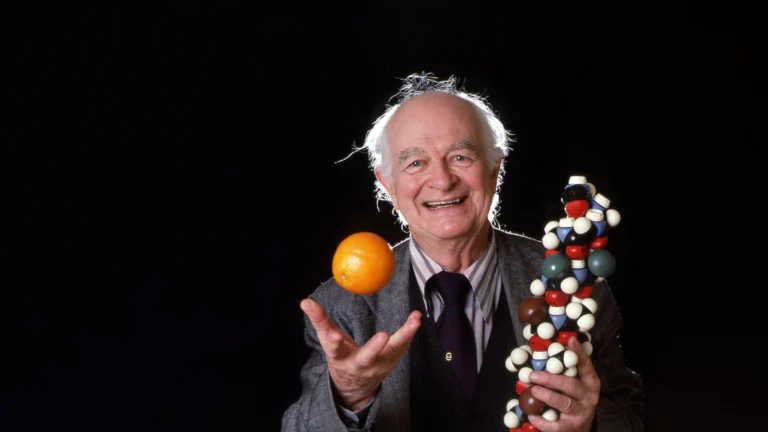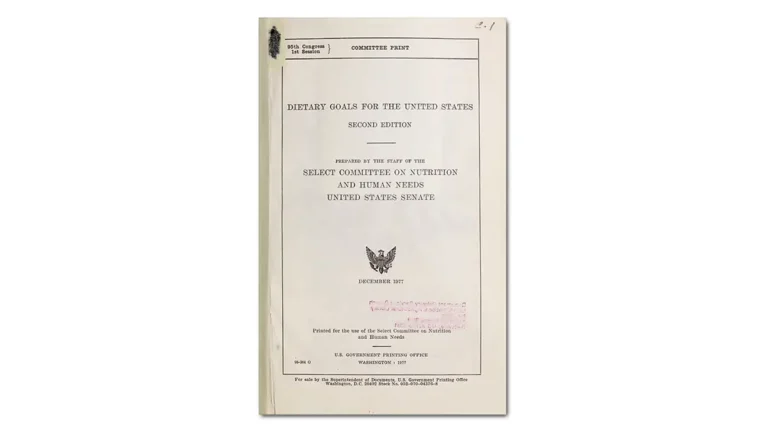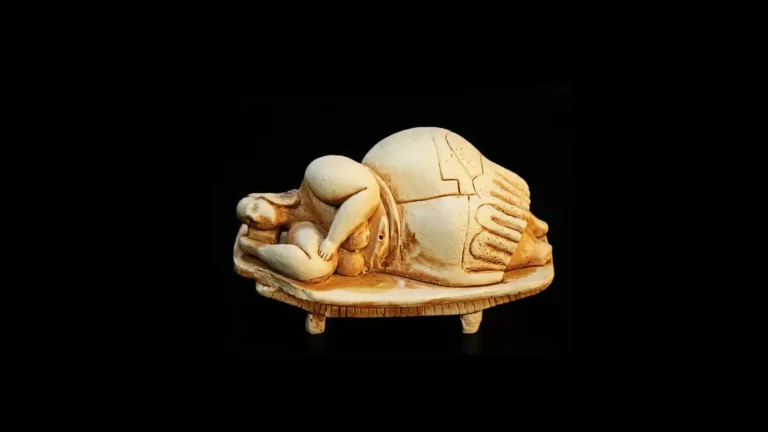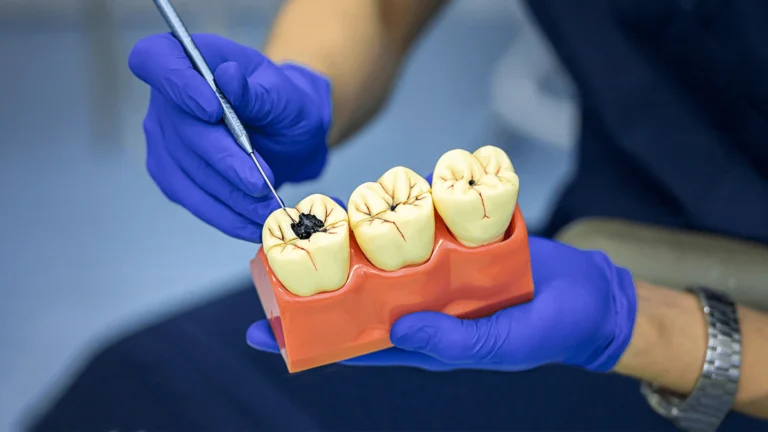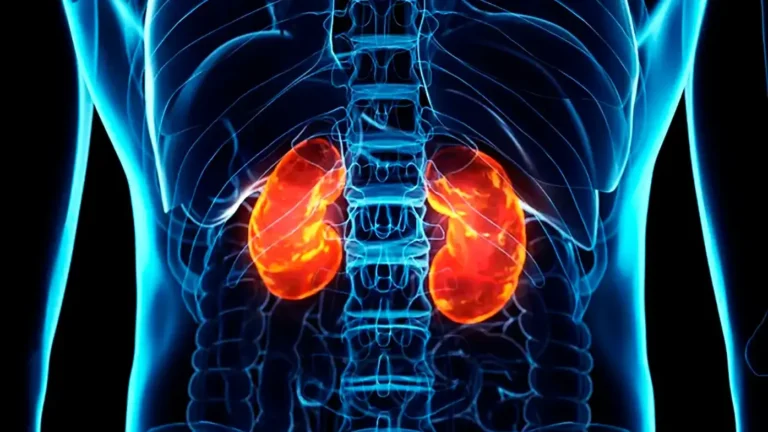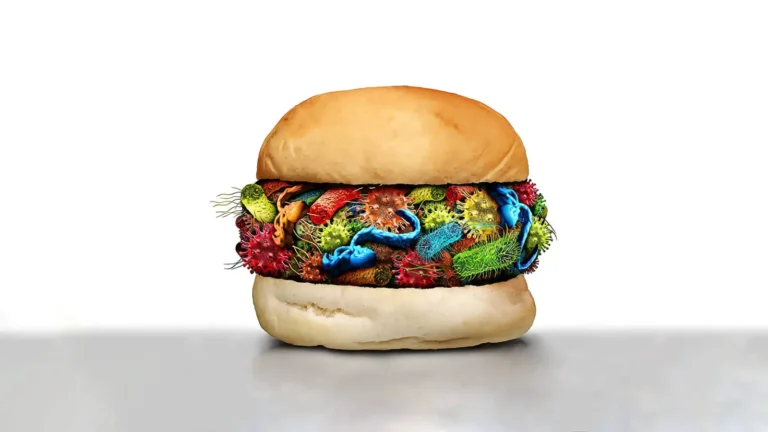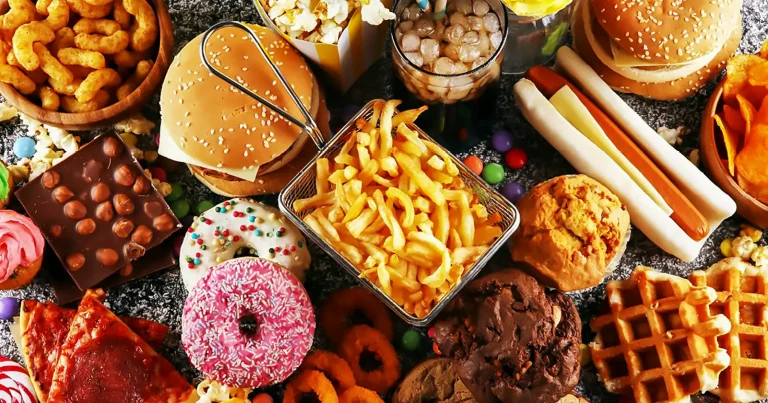Exercício - Por que exatamente o que é necessário?
Na comunidade de saúde, o exercício tem quase um status mítico como uma das melhores coisas que você pode fazer por si mesmo, exceto para evitar fumar.
Milos Pokimica
Escrito por: Milos Pokimica
Revisto Clinicamente Por: Dr. Xiùying Wáng, M.D.
Actualizado em 9 de Junho de 2023Todos sabemos que o treino ou exercício de qualquer tipo é saudável para nós. Os médicos gostam de falar muito sobre prevenção, e uma grande parte da prevenção irá resumir-se ao exercício, gestão de peso, e prevenção alimentar refinada. É tão importante que temos actividade física nas escolas. Temos diferentes tipos de desportos. Temos ligas profissionais de futebol e basquetebol para assistir nos tempos livres, mesmo os Jogos Olímpicos. Glorificamos os atletas profissionais como modelos a seguir pelos nossos filhos. Até o nosso cão fica agitado se não recebe a sua dose diária de caminhada.
Na saúde, o exercício em comunidade tem quase um estatuto mítico como uma das melhores coisas que se pode fazer por si próprio, excepto evitar o fumo. Na realidade, quando olhamos para dados científicos, a dieta é o assassino número um e a intervenção sanitária mais importante. Só depois da dieta, existem outros factores de risco associados à inactividade física e maus hábitos como fumar.
A crença de que a inactividade física é o maior problema de saúde pública do século XXI não é completamente verdadeira.
A inactividade física mal faz com que esteja entre as dez principais causas de morte no mundo. A dieta é a número um e fumar é a número dois. Isto não significa, contudo, que o exercício não seja importante. Apenas significa que há mudanças mais importantes no estilo de vida que estão a afectar a qualidade de vida de uma forma mais severa.
A dieta é absolutamente número um. O problema que temos é que os alimentos são uma substância viciante e os hábitos alimentares não podem ser tão facilmente alterados. As pessoas recusar-se-iam simplesmente a mudar o seu comportamento. O exercício é empurrado como um santo graal por essa única razão. As pessoas são viciadas em comida e o exercício ao contrário da dieta pode criar muito lucro, desde o desporto profissional até aos suplementos. Não há muito dinheiro para ser feito de cenouras.
A promoção de uma dieta à base de vegetais integrais é tudo menos uma máquina de fazer dinheiro. A grande indústria farmacêutica é um grande negócio, tal como a indústria dos suplementos. O exercício físico é uma forma rentável e comprovada de reduzir a mortalidade. Económica significa que não diminui os lucros das empresas existentes e, mais importante, é uma forma que as pessoas podem aceitar. Isto não significa que não seja tão importante como medida preventiva. Na vida real, proporcionará um benefício substancial. E sim, todos nós devemos fazer exercício.
Porquê?
Esta é a primeira pergunta que devemos saber. Bem, não é porque o exercício em si seja saudável. É uma experiência stressante, dolorosa e cheia de suor e a possibilidade de lesões que aumenta o stress oxidativo e leva à criação de danos radicais livres no ADN. Não existem espécies animais na natureza que gostem de "exercício". Não há nada de romântico na caça ou na procura de alimentos. Trata-se de uma necessidade existencial que é forçada. Quando exercitamos o que essencialmente estamos a fazer é que estamos a simular um ambiente em que os nossos antepassados evoluíram. Trata-se de uma forma de dor auto-infligida. Dor que só por si não é saudável e irá criar danos no DNA devido à produção excessiva de radicais livres devido ao aumento do consumo de oxigénio.
Se os radicais livres danificam o ADN e o exercício leva à criação de radicais livres, então como pode ser que a actividade física possa ser saudável?
Isso deve-se ao facto de os nossos antepassados hominídeos viverem da procura de alimentos. Isso criou adaptações evolutivas na nossa biologia. A atividade física era uma componente essencial da sua sobrevivência. Se não procurarmos, não encontramos comida e morremos. É tão simples quanto isso. A única razão pela qual o exercício é saudável é porque, num milhão de anos de evolução, o nosso corpo se adaptou a ele. O nosso corpo espera-o como uma parte normal da vida.
Quando não fazemos exercício estamos desequilibrados com a nossa fisiologia, e quando o fazemos, damos aos nossos corpos o que eles esperam. Quando vamos ao ginásio ou fazemos qualquer outro exercício como correr na passadeira, o que estamos a fazer é simular as condições no habitat dos nossos antepassados hominídeos.
Quando procuramos investigação científica sobre o exercício, o que é que encontramos? Será que o exercício é importante ou é apenas algo que nos ajuda a perder peso mais rapidamente? O que descobrimos é que os indivíduos com baixos níveis de atividade física correm um maior risco de contrair vários tipos de doenças, como as doenças cardíacas, o cancro, a doença de Alzheimer e a morte prematura por qualquer causa. Muito antes disso, a inatividade aumenta a dor lombar, agrava os sintomas da artrite e provoca ansiedade. O exercício físico pode ajudar a reduzir o risco de morte prematura, hipertensão arterial, acidente vascular cerebral, doença coronária, perfil lipídico sanguíneo adverso, diabetes de tipo 2, síndrome metabólica, cancro do cólon, cancro da mama, depressão e pode aumentar a saúde cognitiva e mental, a qualidade do sono, a função do sistema imunitário e a longevidade.
Há um par de benefícios principais da actividade física. O primeiro e principal serão os seus efeitos sobre o sistema cardiovascular. É provável que esteja a fazer algum "cardio" no ginásio.
Quando nos exercitamos, o coração começa a contrair com força e frequência. Isso irá aumentar o fluxo sanguíneo através das artérias e permitir que os nossos músculos utilizem mais oxigénio. Um aumento do fluxo sanguíneo irá causar alterações subtis no sistema nervoso autónomo, que controla a contracção e relaxamento destes vasos. Esta adaptação leva a uma diminuição da pressão arterial, uma frequência cardíaca mais variável, o que significa a capacidade do coração de abrandar ou aumentar as contracções quando necessário, e uma frequência cardíaca em repouso mais baixa em geral, o que significa um aumento da eficácia do sistema cardiovascular com menos batimentos para bombear o sangue através do corpo. Todos os aspectos têm um impacto na redução das doenças cardiovasculares.
O exercício físico também reduz a inflamação associada ao sistema cardiovascular. O exercício foi capaz de provocar uma redução de cerca de 30% nos níveis de proteína C-reactiva, um marcador de inflamação. Trinta por cento de redução é aproximadamente a mesma redução que a estatina (o medicamento para o colesterol) é capaz de provocar. O exercício reforça o sistema imunitário do organismo e previne o cancro e outras doenças.
Um dos principais benefícios será também um aumento da sensibilidade à insulina. Quando alguém corre, as contracções musculares aumentam a produção da proteína quinase activada por monofosfato de adenosina (AMPK). Esta é uma enzima que promove a decomposição de gorduras que podem interferir com os transportadores de glucose da célula. A AMPK pode ajudar a prevenir a diabetes tipo 2.
A investigação em ratos mostra que o exercício físico aumenta a BDNF (factor neurotrófico derivado do cérebro). A BDNF é um factor essencial na aprendizagem e na memória. A BDNF ajuda os ratos a lembrarem-se de como navegar através de labirintos, e uma actividade semelhante pode ser assumida nos humanos.
O exercício ajudará a manter a massa óssea e reduzirá o risco de osteoporose. Os ossos tornam-se mais fortes quando forçado a adaptar-se para suportar mais peso do que o habitual.
O Departamento de Saúde e Serviços Humanos (HHS) monitoriza este tipo de investigação e divulga periodicamente as suas Directrizes de Actividade Física para Americanos. As recomendações são as seguintes:
"Adultos com idades compreendidas entre os 18 e os 64 anos praticam exercício físico moderado (caminhar) durante pelo menos duas horas e 30 minutos ou vigoroso (correr, nadar ou andar de bicicleta a 10 mph ou mais rápido) durante pelo menos uma hora e 15 minutos por semana".
Isto é cerca de 11 minutos de corrida por dia na passadeira. Para as pessoas que não compreendem como ler este tipo de lançamento, a palavra-chave é, pelo menos, para. Quanto mais, melhor. Elas recomendam o que pensam que pode ser realizável. Quando olhamos para as suas tabelas da correlação entre o exercício e a morte prematura, tudo o que podemos ver é apenas uma queda linear constante.
Se fizermos 180 minutos de exercício por semana, teremos um risco 27% menor, mas se fizermos 420 minutos de exercício por semana teremos um risco 38,5% menor, e este tipo de correlação é encontrado em todos os estudos e revisões sistemáticas e meta-análises de estudos de coorte. Num estudo (Mok et al., 2019), analisaram 22 estudos que cumpriam os critérios de inclusão. Um estudo com 977.925 indivíduos (334.738 homens e 643.187 mulheres) concluiu que 2,5h/semana (equivalente a 30 minutos diários durante 5 dias por semana), em comparação com a ausência de atividade, estava correlacionado com uma diminuição do risco de mortalidade de 19%, enquanto 7h/semana de atividade moderada, em comparação com a ausência de atividade, reduzia o risco de mortalidade em 24%.
A conclusão foi a seguinte:
"Ser fisicamente activo reduz o risco de mortalidade por todas as causas".
Passar de nenhuma actividade para uma pequena quantidade foi considerado como o mais significativo dos benefícios.
No entanto, isso não significa que, se estivermos activos, não haja qualquer benefício adicional. Mesmo com níveis elevados de benefícios de actividade ainda, os benefícios advêm da actividade adicional. Quanto mais e mais longo for o exercício, mais benefícios.
Referências:
- Mok, A., Khaw, K., Luben, R., Wareham, N. J., & Brage, S. (2019). Trajetórias de atividade física e mortalidade: estudo de coorte de base populacional. BMJ, l2323. https://doi.org/10.1136/bmj.l2323
- Arem, H., Moore, S. C., Patel, A., Hartge, P., Berrington de Gonzalez, A., Visvanathan, K., Campbell, P. T., Freedman, M., Weiderpass, E., Adami, H. O., Linet, M. S., Lee, I. M., & Matthews, C. E. (2015). Atividade física de lazer e mortalidade: uma análise detalhada da relação dose-resposta. JAMA medicina interna, 175(6), 959-967. https://doi.org/10.1001/jamainternmed.2015.0533
- Woodcock, J., Franco, O. H., Orsini, N., & Roberts, I. (2011). Atividade física não-vigorosa e mortalidade por todas as causas: Systematic review and meta-analysis of cohort studies (Revisão sistemática e meta-análise de estudos de coorte). Jornal Internacional de Epidemiologia, 40(1), 121-138. https://doi.org/10.1093/ije/dyq104
Você tem alguma dúvida sobre saúde e nutrição?
Eu adoraria ouvir de você e respondê-las em meu próximo post. Agradeço sua contribuição e opinião e espero ouvir de você em breve. Eu também convido você a siga-nos no Facebook, Instagram e Pinterest para mais conteúdos sobre dieta, nutrição e saúde. Pode deixar um comentário e ligar-se a outros entusiastas da saúde, partilhar as suas dicas e experiências e obter apoio e encorajamento da nossa equipa e comunidade.
Espero que este post tenha sido informativo e agradável para si e que esteja preparado para aplicar os conhecimentos que aprendeu. Se achou este post útil, por favor partilhá-lo com os seus amigos e familiares que também possam beneficiar com isso. Nunca se sabe quem poderá precisar de alguma orientação e apoio no seu percurso de saúde.
– Você Também Pode Gostar –

Aprender Sobre Nutrição
Milos Pokimica é médico de medicina natural, nutricionista clínico, escritor de saúde e nutrição médica, e conselheiro em ciências nutricionais. Autor da série de livros Go Vegan? Revisão de Ciênciaopera também o website de saúde natural GoVeganWay.com
Medical Disclaimer
GoVeganWay.com traz análises das pesquisas mais recentes sobre nutrição e saúde. As informações fornecidas representam a opinião pessoal do autor e não pretendem nem implicam substituir aconselhamento, diagnóstico ou tratamento médico profissional. As informações fornecidas são apenas para fins informativos e não se destinam a servir como substituto para consulta, diagnóstico e/ou tratamento médico de um médico ou profissional de saúde qualificado.NUNCA DESCONSIDERE o CONSELHO MÉDICO PROFISSIONAL OU adiar a BUSCA de TRATAMENTO MÉDICO por causa DE ALGO QUE TENHA LIDO OU ACESSADO por MEIO de GoVeganWay.com
NUNCA APLIQUE QUAISQUER MUDANÇAS de estilo de VIDA OU QUALQUER MUDANÇA COMO UMA CONSEQUÊNCIA DE ALGO QUE TENHA LIDO NO GoVeganWay.com ANTES de CONSULTORIA de LICENÇA MÉDICA.
No caso de uma emergência médica, ligue para o médico ou para o 911 imediatamente. GoVeganWay.com não recomenda ou endossa qualquer específicos, grupos, organizações, exames, médicos, produtos, procedimentos, opiniões ou outras informações que podem ser mencionadas dentro.
Sugestões do Editor –
Milos Pokimica é escritor especializado em saúde e nutrição e consultor em ciências nutricionais. Autor da série de livros Go Vegan? Revisão de Ciênciaopera também o website de saúde natural GoVeganWay.com
Artigos Mais Recentes -
Superior De Saúde De Notícias — ScienceDaily
- The overlooked nutrition risk of Ozempic and Wegovyon Fevereiro 4, 2026
Popular weight-loss drugs like Ozempic and Wegovy can dramatically curb appetite, but experts warn many users are flying blind when it comes to nutrition. New research suggests people taking these medications may not be getting enough guidance on protein, vitamins, and overall diet quality, increasing the risk of muscle loss and nutrient deficiencies.
- A 25-year study found an unexpected link between cheese and dementiaon Fevereiro 4, 2026
A massive Swedish study tracking nearly 28,000 people for 25 years found an unexpected link between full-fat dairy and brain health. Among adults without a genetic risk for Alzheimer’s, eating more full-fat cheese was associated with a noticeably lower risk of developing the disease, while higher cream intake was tied to reduced dementia risk overall. The findings challenge decades of low-fat dietary advice but come with important caveats.
- MIT’s new brain tool could finally explain consciousnesson Fevereiro 4, 2026
Scientists still don’t know how the brain turns physical activity into thoughts, feelings, and awareness—but a powerful new tool may help crack the mystery. Researchers at MIT are exploring transcranial focused ultrasound, a noninvasive technology that can precisely stimulate deep regions of the brain that were previously off-limits. In a new “roadmap” paper, they explain how this method could finally let scientists test cause-and-effect in consciousness research, not just observe […]
- Why heart disease risk in type 2 diabetes looks different for men and womenon Fevereiro 4, 2026
Scientists are digging into why heart disease risk in type 2 diabetes differs between men and women—and sex hormones may be part of the story. In a large Johns Hopkins study, men with higher testosterone had lower heart disease risk, while rising estradiol levels were linked to higher risk. These hormone effects were not seen in women. The results point toward more personalized approaches to heart disease prevention in diabetes.
- Sound machines might be making your sleep worseon Fevereiro 4, 2026
Sound machines may not be the sleep saviors many believe. Researchers found that pink noise significantly reduced REM sleep, while simple earplugs did a better job protecting deep, restorative sleep from traffic noise. When pink noise was combined with outside noise, sleep quality dropped even further. The results suggest that popular “sleep sounds” could be doing more harm than good—particularly for kids.
- This unexpected plant discovery could change how drugs are madeon Fevereiro 3, 2026
Plants make chemical weapons to protect themselves, and many of these compounds have become vital to human medicine. Researchers found that one powerful plant chemical is produced using a gene that looks surprisingly bacterial. This suggests plants reuse microbial tools to invent new chemistry. The insight could help scientists discover new drugs and produce them more sustainably.
- A hidden cellular process may drive aging and diseaseon Fevereiro 3, 2026
As we age, our cells don’t just wear down—they reorganize. Researchers found that cells actively remodel a key structure called the endoplasmic reticulum, reducing protein-producing regions while preserving fat-related ones. This process, driven by ER-phagy, is tied to lifespan and healthy aging. Because these changes happen early, they could help trigger later disease—or offer a chance to stop it.
PubMed, #vegan-dieta –
- Diet type and the oral microbiomeon Fevereiro 2, 2026
CONCLUSION: The diet-oral microbiome-systemic inflammation axis is bidirectional and clinically relevant. Understanding both direct ecological regulation and indirect metabolic effects is essential to support precision nutrition strategies aimed at maintaining oral microbial balance and systemic inflammatory risk mitigation.
- Consensus document on healthy lifestyleson Janeiro 22, 2026
Proteins are a group of macronutrients that are vital to our lives, as they perform various functions, including structural, defensive and catalytic. An intake of 1.0-1.2 g/kg/body weight per day would be sufficient to meet our needs. Carbohydrate requirements constitute 50 % of the total caloric value and should be obtained mainly in the form of complex carbohydrates. In addition, a daily intake of both soluble and insoluble fiber is necessary. Regular consumption of extra virgin olive oil […]
- Vitamin B12 and D status in long-term vegetarians: Impact of diet duration and subtypes in Beijing, Chinaon Janeiro 21, 2026
CONCLUSIONS: This study reveals a dual challenge among Beijing long-term vegetarians: vitamin B12 deficiency was strongly associated with the degree of exclusion of animal products from the diet (veganism), while vitamin D deficiency was highly prevalent and worsened with longer diet duration. The near-universal vitamin D deficiency observed in this study suggests that, in the Beijing context, the risk may extend beyond dietary choice, potentially reflecting regional environmental factors;…
- Nutritional evaluation of duty meals provided to riot police forces in Germanyon Janeiro 13, 2026
Background: The primary role of the German riot police is maintaining internal security. Due to challenging working conditions, riot police forces face an elevated risk of various diseases. During duty, forces are provided with meals. A balanced diet can reduce the risk of some of these diseases and contribute to health-promoting working conditions. Aim: First evaluation of the nutritional quality of duty meals in Germany based on German Nutrition Society recommendations (DGE). Methods: In…
- Iodineon Janeiro 1, 2006
Iodine is an essential trace nutrient for all infants that is a normal component of breastmilk. Infant requirements are estimated to be 15 mcg/kg daily in full-term infants and 30 mcg/kg daily in preterm infants.[1] Breastmilk iodine concentration correlates well with maternal urinary iodine concentration and may be a useful index of iodine sufficiency in infants under 2 years of age, but there is no clear agreement on a value that indicates iodine sufficiency, and may not correlate with […]
Postagens aleatórias –
Postagens em destaque –
Últimas do PubMed, #dieta baseada em vegetais –
- From paddy soil to dining table: biological biofortification of rice with zincpor Lei Huang on Fevereiro 4, 2026
One-third of paddy soils are globally deficient in zinc (Zn) and 40% of Zn loss in the procession from brown rice to polished rice, which results in the global issue of hidden hunger, e.g., the micronutrient deficiencies in the rice-based population of developing countries. In the recent decades, biofortification of cereal food crops with Zn has emerged as a promising solution. Herein, we comprehensively reviewed the entire process of Zn in paddy soil to human diet, including the regulatory…
- Molecular Characterization of Tobacco Necrosis Virus A Variants Identified in Sugarbeet Rootspor Alyssa Flobinus on Fevereiro 3, 2026
Sugarbeet provides an important source of sucrose; a stable, environmentally safe, and low-cost staple in the human diet. Viral diseases arising in sugarbeet ultimately impact sugar content, which translates to financial losses for growers. To manage diseases and prevent such losses from occurring, it is essential to characterize viruses responsible for disease. Recently, our laboratory identified a tobacco necrosis virus A variant named Beta vulgaris alphanecrovirus 1 (BvANV-1) in sugarbeet…
- Nutrition in early life interacts with genetic risk to influence preadult behaviour in the Raine Studypor Lars Meinertz Byg on Fevereiro 3, 2026
CONCLUSIONS: Nutrition in early life and psychiatric genetic risk may interact to determine lasting child behaviour. Contrary to our hypothesis, we find dietary benefits in individuals with lower ADHD PGS, necessitating replication. We also highlight the possibility of including genetics in early nutrition intervention trials for causal inference.
- Effect of the gut microbiota on insect reproduction: mechanisms and biotechnological prospectspor Dilawar Abbas on Fevereiro 2, 2026
The insect gut microbiota functions as a multifunctional symbiotic system that plays a central role in host reproduction. Through the production of bioactive metabolites, gut microbes interact with host hormonal pathways, immune signaling, and molecular regulatory networks, thereby shaping reproductive physiology and fitness. This review summarizes recent advances in understanding how gut microbiota regulate insect reproduction. Accumulating evidence demonstrates that microbial metabolites…
- Rationale and design of a parallel randomised trial of a plant-based intensive lifestyle intervention for diabetes remission: The REmission of diabetes using a PlAnt-based weight loss InteRvention…por Brighid McKay on Fevereiro 2, 2026
CONCLUSIONS: This trial will provide high-quality clinical evidence on the use of plant-based ILIs to address the epidemics of obesity and diabetes to inform public health policies and programs in Canada and beyond.
- Diet type and the oral microbiomepor Daniel Betancur on Fevereiro 2, 2026
CONCLUSION: The diet-oral microbiome-systemic inflammation axis is bidirectional and clinically relevant. Understanding both direct ecological regulation and indirect metabolic effects is essential to support precision nutrition strategies aimed at maintaining oral microbial balance and systemic inflammatory risk mitigation.
